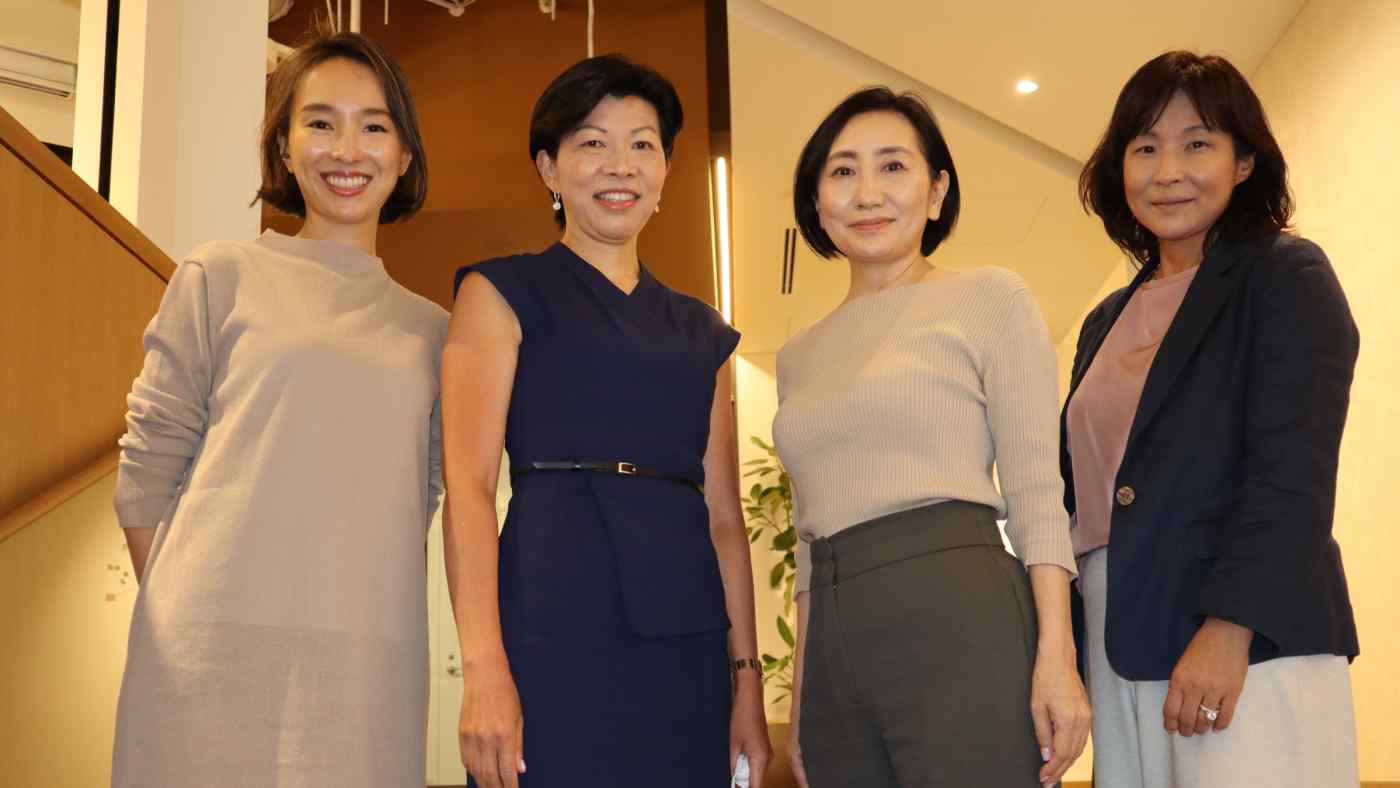Japan intends to scrap a key restriction on overseas investments by domestic venture funds dedicated to backing startups, a move intended to attract more foreign investors into the sector.
Domestic startup funds currently must limit investment in foreign companies to less than 50% of their portfolio holdings. Ending this restriction would allow more flexibility in choosing investment targets, encouraging overseas money to flow into such Japanese funds.
The planned deregulation applies to startup funds that take the form of limited partnerships, a common method tapped by venture capital to curb risk exposure. Investors participating as limited partners are not required to take on risk beyond their investment. The arrangement not only provides an easy way for investors to supply money, but also is suited for collecting small amounts from a wide range of investors.
The requirement for limited partnerships in Japan to invest at least 50% domestically hampers foreign investors that see Asia as a whole as a target. Removing the restriction would help Japanese venture capital funds expand their investment targets overseas, and an increase in money flowing into the domestic venture capital market ultimately will benefit Japanese startups.
Japan’s government will submit to parliament a draft amendment to the law governing limited partnerships in 2024. The cap on investing in foreign companies was introduced as part of the law on limited partnerships that took effect in 1998.
Japan has set a goal of increasing annual investment in startups to the scale of JPY 10 trillion (USD 77.2 billion) by fiscal year 2027, more than a tenfold increase from current levels.
Government data shows there are 600 “unicorns”—startups valued at USD 1 billion or more—in the U.S., more than 100 in China and Europe, but only six in Japan.

